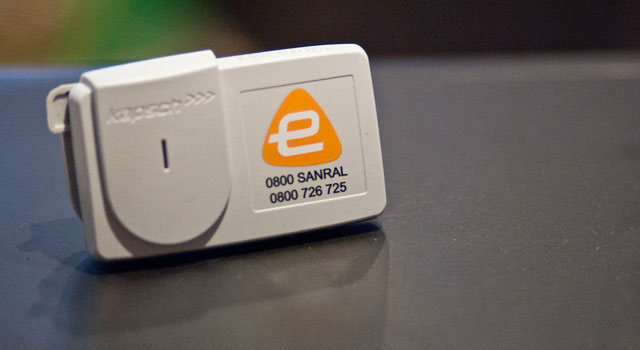
Recent statements about e-tolls reportedly made by Gauteng transport MEC Ismail Vadi, while positive, are causing confusion, the Opposition to Urban Tolling Alliance (Outa) said on Tuesday.
“In the statement made by the Sunday Independent, Vadi suggests that e-tolls should be replaced by more efficient user-pays mechanisms,” Outa’s Wayne Duvenage said.
Vadi’s reported suggestions included a regional or national fuel levy, a provincial tax, or shadow tolling.
Outa largely agreed with these views, with the question now being whether the provincial government and roads agency Sanral were in step with one another.
“The obvious question is, does Sanral concur with the messages from MEC Vadi?” he said. “If so, does this mean there is a half-pregnant approach to the ill-conceived e-toll plan.”
The Sunday Independent reported the Gauteng government was taking a second look at e-tolls as a funding source for building highways in the province.
“We have had long discussions in the ANC Gauteng and in government. There is still dissatisfaction with the funding model,” Vadi told the newspaper. “We are taking a second look at the matter.”
He said the government was also looking at settling debt in the e-toll system. The newspaper reported just over 35% of drivers passing the gantries were paying their bills and that according to transport minister Dipuo Peters, less than 10% of R543m in unpaid bills was recovered.
Vadi said, however, government would not scrap e-tolls as it was considered important infrastructure.
Duvenage said if e-tolling was being questioned and seen as ineffective the entire scheme should be set aside until a more efficient and equitable solution was found. “Every day the fiasco continues is a burden to society,” he said.
He reiterated a call made by trade union federation Cosatu, which hoped President Jacob Zuma would announce the scrapping of e-tolls in his state-of-the-nation address, to be delivered in parliament in Cape Town on Tuesday evening.
Outa’s updated e-tag figures also showed less than 40% of vehicles in the province had e-tags.
“Outa continues to encounter a stream of public and businesses concerns about how the cost of e-tolls will push them into a negative cash situation,” Duvenage said.
“In essence, the tolling of social and economic infrastructure is becoming detrimental to the wellbeing of this country’s economic hub.” — Sapa




